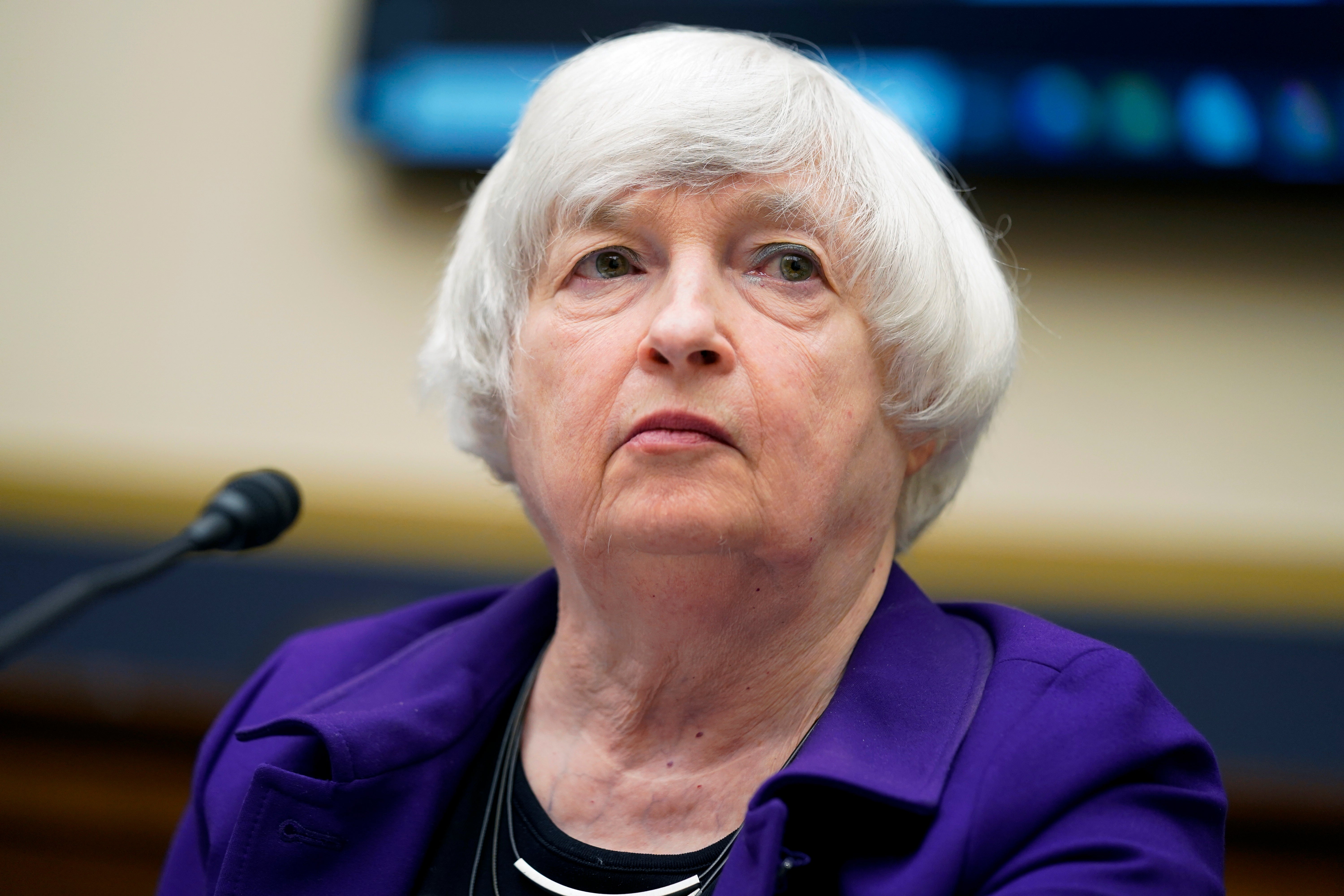Cryptocurrency firms in latest Russian sanctions targets
The U.S. rolled out new sanctions on Wednesday against more than 40 individuals and entities accused of evading the ongoing wave of penalties imposed on Russia as punishment for invading Ukraine

Your support helps us to tell the story
From reproductive rights to climate change to Big Tech, The Independent is on the ground when the story is developing. Whether it's investigating the financials of Elon Musk's pro-Trump PAC or producing our latest documentary, 'The A Word', which shines a light on the American women fighting for reproductive rights, we know how important it is to parse out the facts from the messaging.
At such a critical moment in US history, we need reporters on the ground. Your donation allows us to keep sending journalists to speak to both sides of the story.
The Independent is trusted by Americans across the entire political spectrum. And unlike many other quality news outlets, we choose not to lock Americans out of our reporting and analysis with paywalls. We believe quality journalism should be available to everyone, paid for by those who can afford it.
Your support makes all the difference.The U.S. rolled out new sanctions on Wednesday against more than 40 individuals and entities accused of evading the ongoing wave of penalties imposed on Russia as punishment for invading Ukraine.
The sanctions include the first set of penalties against cryptocurrency mining firms in relation to the war.
The Treasury Department’s sanctions arm designated the commercial bank Transkapitalbank, which has operations in China and the Middle East.
Transkapitalbank is a Russian privately owned commercial bank which the U.S. says has helped sanctioned clients process dollar payments, by providing an alternative communication channel to SWIFT — the dominant system for global financial transactions.
Treasury also targeted people and companies led by U.S.-designated Russian oligarch Konstantin Malofeyev — the founder of a Russian Orthodox news channel, Tsargrad TV.
Malofeyev was also designated for sanctions in December 2014. Treasury said he was one of the main sources of financing for Russians promoting separatism in Crimea.
In a first, the U.S. government issued penalties against a cryptocurrency firm in relation to the war.
Digital currency firm Bitriver AG and 10 of its subsidiaries were included in Wednesday's package of sanctions from Treasury’s Office of Foreign Assets Control.
“The United States is committed to ensuring that no asset, no matter how complex, becomes a mechanism for the Putin regime to offset the impact of sanctions,” Treasury said in a statement.
Lawmakers and administration officials have voiced concerns that Russia may be using cryptocurrency to avoid pain from the avalanche of sanctions imposed on banks, oligarchs and the energy industry in recent months due to the invasion.
Experts say an increased reliance on cryptocurrency would be an inevitable avenue for Russia to try to prop up its financial transactions, but Treasury officials have rejected the claim that cryptocurrency could be a major driver of sanctions evasion.
In a statement that was released shortly after the sanctions became public, Treasury Secretary Janet Yellen said “Russia’s invasion is an assault on fundamental international rules and norms and threatens the core of the international order.”
“The United States stands resolutely with the Ukrainian government and the Ukrainian people.”
The statement was released in connection with the joint International Monetary and Financial Committee and Development Committee meeting related to the International Monetary Fund and World Bank spring meetings.